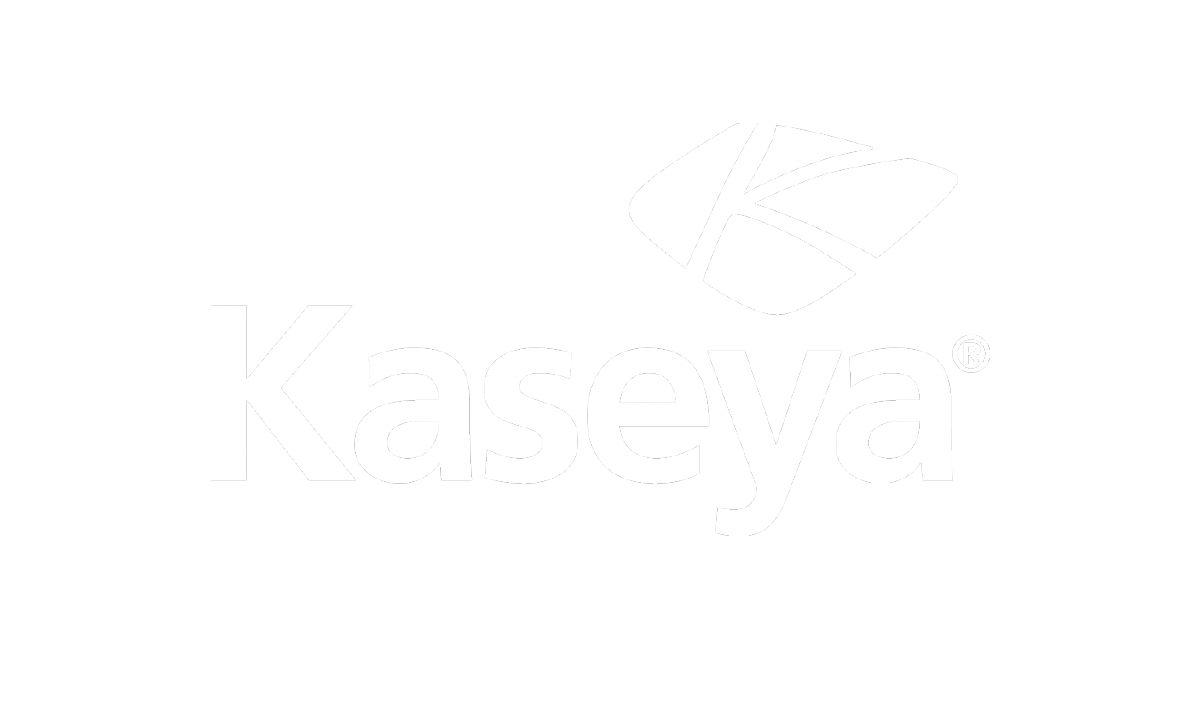An MSPs Guide to EBITDA and Why It Matters

Your MSPs EBITDA is a critical metric for understanding and communicating your company’s worth. But what is it and how do you calculate it? More importantly, why do you need to understand EBITDA in the first place?
So what exactly is EBITDA, and why does every investor, buyer, and competitor care about it? Because it cuts through the noise: debt, taxes and write-offs, revealing the raw performance power of your MSP.
Here’s the real twist: boosting EBITDA for MSPs goes beyond spreadsheets and margins. It’s about your crew. An engaged, motivated crew is the ultimate cheat code, driving higher CSAT, faster ticket resolution and lower turnover that all stack directly into profitability.
That’s where Crewhu comes in.
Let’s dig into what EBITDA is, why it matters and how focusing on an engaged crew can dramatically increase your customer satisfaction, profitability and valuation.
In this article, you will learn:
- It’s always better to calculate the value of your MSP using EBITDA. This method makes it possible to measure the performance of the company without having to factor in tax environments and accounting
- Calculating EBITDA is pretty simple and gives you an idea of how potential buyers may value your company and compare it to others in the field
- Business owners use EBITDA to measure many things, including growth trends, profitability, and overall company performance.
Understanding EBITDA for MSPs
EBITDA stands for Earnings Before Interest, Taxes, Depreciation, and Amortization.
It’s used to measure a company’s performance without factoring in non-operating expenses or non-cash expenditure like taxes, interest payments and asset depreciation.
There are two basic methods of calculating EBITDA.
Method 1: EBITDA = Net Income + Interest + Taxes + Depreciation + Amortization
Method 2: EBITDA = Operating Profit + Depreciation + Amortization
Both formulas allow you to compare “apples to apples”. Removing net income means you’re not dependent on factors that can vary widely, such as debt, tax structure and capital expenditures.
EBITDA is also the go‑to metric for buyers and investors because it reflects the core earning power of your MSP now and over time.
5 Reasons to Understand EBITDA for MSPs:
- EBITDA offers a clear analysis of your company’s processes, stripping away expenses that might obscure actual performance.
- EBITDA allows you to analyze and compare profitability between companies, especially competitors, by removing the effects of financing and capital expenditures.
- EBITDA can show investors or buyers that a lack of profitability may be due to debt or taxes rather than operational issues.
- Early-stage companies may find EBITDA handy when communicating with investors and analysts since companies of this age and size tend to use depreciation and amortization accounts to expense the cost of property, plants, equipment, and capital investment.
- EBITDA gives a clearer picture of growth metrics by leaving out expenses associated with capital.
Why EBITDA Matters for Your MSP
EBITDA touches many aspects of your MSP, beyond profit. It’s a window into the overall health of your company. A low EBITDA score can signal potential problems that might need improvement, such as:- Operational inefficiencies
- High crew turnover
- Inconsistent service delivery
- Low customer satisfaction and churn
How Crew Engagement Drives EBITDA
When it comes to EBITDA, your secret weapon for boosting your score relies on strong crew engagement. MSPs that prioritize crew engagement often see financial gains. Our tools and strategies, such as gamification, real-time recognition and continuous feedback loops, lead to improved performance metrics overall.
Here is just one example.
By incorporating Crewhu tools, XL.net saw a 20% increase in crew engagement and a 95% improvement in CSAT
And according to a Forbes article, increased crew engagement leads to:
- 21% higher profitability
- 17% higher productivity
- Up to 41% lower absenteeism
- 59% less turnover
These stats aren’t just “soft” metrics. Each directly influences your MSP’s bottom line and your EBITDA.
How Increasing Engagement Equals Profits
Lower turnover and lower costs: Retaining your crews means spending less money on hiring, onboarding and training.
Increased revenue: An engaged crew provides better customer service, higher CSAT scores and ultimately more money for your MSP.
Increased motivation and productivity: Engaged crews close out tickets faster and collaborate better.
Crewhu Tools That Boost Engagement and EBITDA
Crewhu’s platform is built with MSPs in mind, so every tool aligns with your business goals:
1. Gamified Metrics and SMART Goals
Prioritize and personalize KPIs that matter for your MSP, like ticket resolution or renewal rates, through contests that spark competitive fire. Then track the results via leaderboards and dashboards.
2. The Crewhu Hub Mobile-First Experience
Our newly mobile hub allows you to instantly award badges with fun GIFs, video messages, leaderboards and redemptions in real-time, even for techs in the field.
3. Customer Feedback + Internal Recognition = Performance Loop
Our tools enable you to use CSM feedback and metrics like CSAT to drive internal goals, recognition programs and make improvements to processes.
4. Direct Integrations
Crewhu connects with standard MSP tools, including PSA, CRM, documentation systems and VoIP platforms. You’re able to gamify meaningful metrics with zero data silos.
Our strategic, all-in-one platform helps you deliver increased engagement, improved morale, measurable wins and an accelerated EBITDA score.
A Strategic Imperative for MSP Leaders
MSPs play a challenging game, facing tight margins, increased competition and never-ending expectations from clients. Calculating your EBITDA is more than a wise business decision. However, even if you spend months acting on the information, you could wind up neglecting the one thing that matters most in the equation: your people.
Improving crew engagement through gamification, recognition, communication and accountability makes your MSP a better place to work, while increasing the efficiency and value of your business.
Next Steps: Move From Measuring to Acting
Improving EBITDA for MSPs starts with your people. Crewhu's platform provides the tools and resources you need to turn your EBITDA insights into actionable strategies that can improve your MSP’s financial health and crew engagement.
Book a Crew demo today and start turning crew engagement into higher CSAT, stronger retention, and a rising EBITDA.
Topics: MSPs







